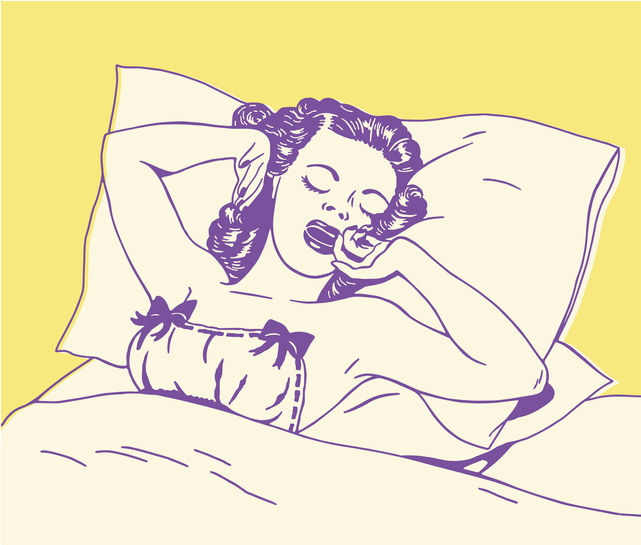Sleep apnea is when you experience moments of sleep when you are not properly breathing. The most common type is “obstructive sleep apnea” in which your tongue and soft tissue close causing suffocation.
You can know if you are at risk by asking several questions. Do I snore? Do I wake several times in the night? Do I feel sleepy very quickly just sitting quietly? Am I overweight? Do I have high blood pressure? If you answered yes to one or more of these questions, you should be screened for sleep apnea.
If left untreated, sleep apnea can be detrimental to your health.
Sleep apnea decreases your blood oxygen levels and increases adrenaline in your blood stream. Both of these increase your heart rate, your blood pressure, and stress on the body, which in turn increase the chances of heart attack and stroke. Sleep apnea also increases the risk of type 2 diabetes. The daytime fatigue it causes will increase the risk of falling asleep at the wheel of a car and make it hard to concentrate.
Two ways sleep apnea can be treated are to use a CPAP or a dental sleep apnea device. A CPAP is best for moderate to severe sleep apnea.
A dental device is a retainer that holds your mouth open to prevent the airway from closing. It is important to detect and treat sleep apnea early to decrease the stress on the body and improve your health.



